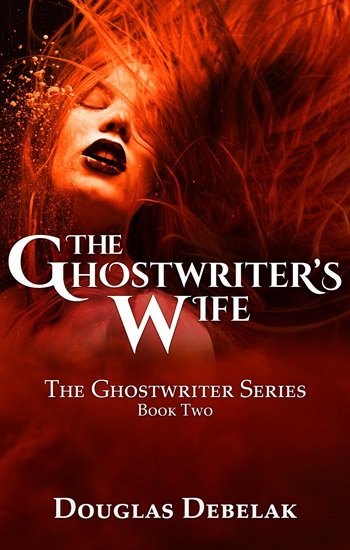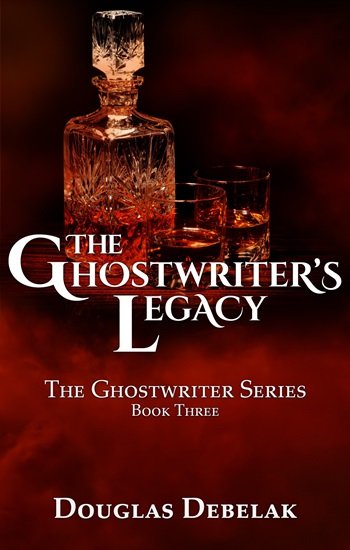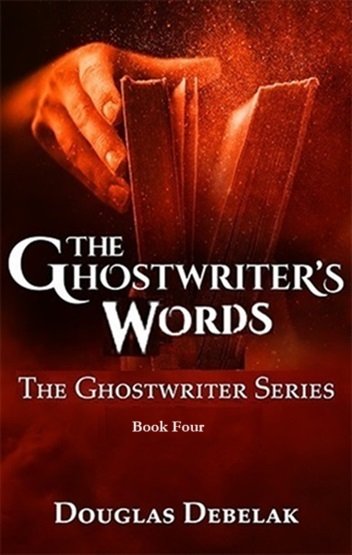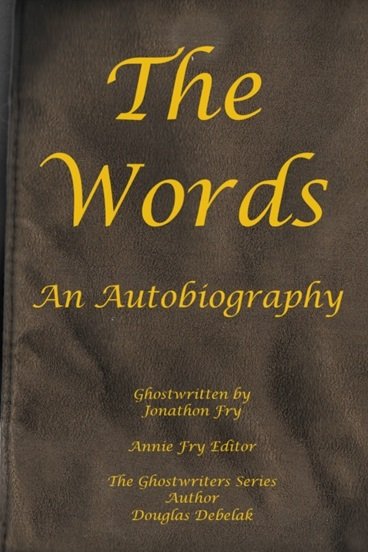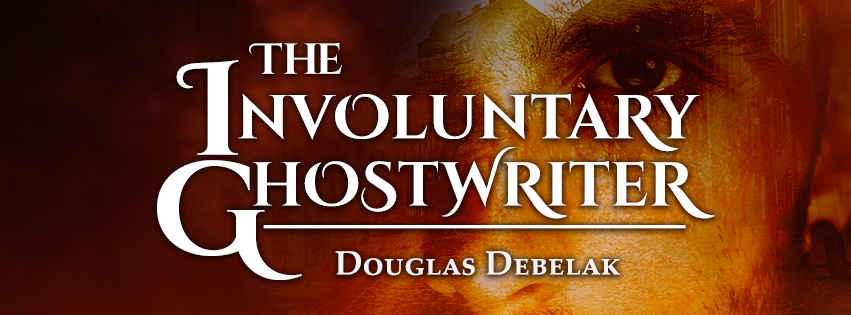The Involuntary Ghostwriter
In the first book in the Ghostwriter Series, The Creator announces, “In the beginning… I was born.” Perhaps not the head-spinning, neck-breaking torque of “What if God was one of us?” but hopefully a twist to turn us in that direction.
The Creator explains that He once lived a life much like ours, that He did not create the Universe, but rather He exists within it. However, He does claim credit for the creation of the tiny bit among many minute bits like that we call the universe. The Creator did not invent sex, much as He would love the credit. It predates Him, but it has been and remains one of His favorite things. He did not invent sin. Another concept commonly attributed to but predating Him, which He has concluded is a creation of our own making. So, there is no need to seek forgiveness from Him, but from those whom our actions harm, and I would add, from ourselves.
JONATHAN FRY, thanks to a hard-earned financial boon, finds himself with a year to fulfill a lifelong dream of writing a novel, which begins as a largely fictionalized memoir of his early life, which proceeds as accurately as he can remember, from the day he was born – which he doesn’t remember, through his early life, including his struggles at school and early fascination with sex, all the questions his mother was reluctant or uncomfortable answering, learning what he did as many of us do from misinformation from grade school classmates, then came summer camp. Summer camp was a revelation. He still knows nothing about sex, but he learns about masturbation. Junior high and high school, much as he remembered them, with awkward dates, a broken heart, and failure to make the basketball team. Close encounters with opportunities to have sex, the older ex-wife of a cousin of his buddies, who is visiting from out of town, the cherry popping ex-girlfriend of a coworker at the car wash, both of which he was too shy, cowardly, or guilt-ridden to take advantage of, and all so painfully familiar. Then came the night he met his first wife, when the story begins to sputter and morph, familiar yet not, his ex, and not, before taking a hard turn, and jumping the rails. He finds himself haunted by powerful erotic dreams of a beautiful young woman he has never met, and his mind fills with memories of her that are no longer his own.
What emerges from the tatters of Jonathon’s memoirs is the beginning of The Words – the ghostwritten autobiography of, not God, but the Creator as He prefers to be known.
Might this not have been similar to the experiences of the authors of our Holy texts? Who, through no choice of their own, find themselves conduits channeling the words of God, or the Creator as He prefers, or whoever the voices in their heads claim to be? Call these unfortunate individuals what? Prophets? Schizophrenics? Involuntary Ghostwriters?
Jonathon’s wife, whose name never appears in the first book of the series, is happily the initial beneficiary of her husband’s late-night erotic dreams, rekindling their passion, and she is admittedly enjoying the best sex of her life. Until her husband foolishly answers her largely rhetorical question: “What’s got your hormones in such an uproar?” In response, she accuses him of fantasizing about some beautiful, younger woman while using her body, putting an abrupt halt to their rekindled passion. Jonathon struggles with the unfairness of his involuntary celibacy, which understandably threatens their marriage the longer it continues. He doesn’t want a divorce, but also doesn’t want a life without sex. In a heated argument, his wife agrees that it isn’t her right to force him to be celibate, and bitterly adds that he should do whatever he needs to do. Say what you mean, mean what you say.
The twin narratives of The Involuntary Ghostwriter also represent life’s bookends: the coming of age and the coming to terms with navigating one’s latter years – as does Jonathon Fry, not only sensing life slipping away, but wrestling with an unknown voice in his mind, hijacking his memories, leading him to question whether those he doesn’t remember as his own could have been whispered to him by a voice of some other being, or be the product of early-onset dementia, the result of a terminal brain tumor, or, hopefully, if unlikeliest of all, merely his awakened imagination.
Other Titles in The Ghostwriter Series
